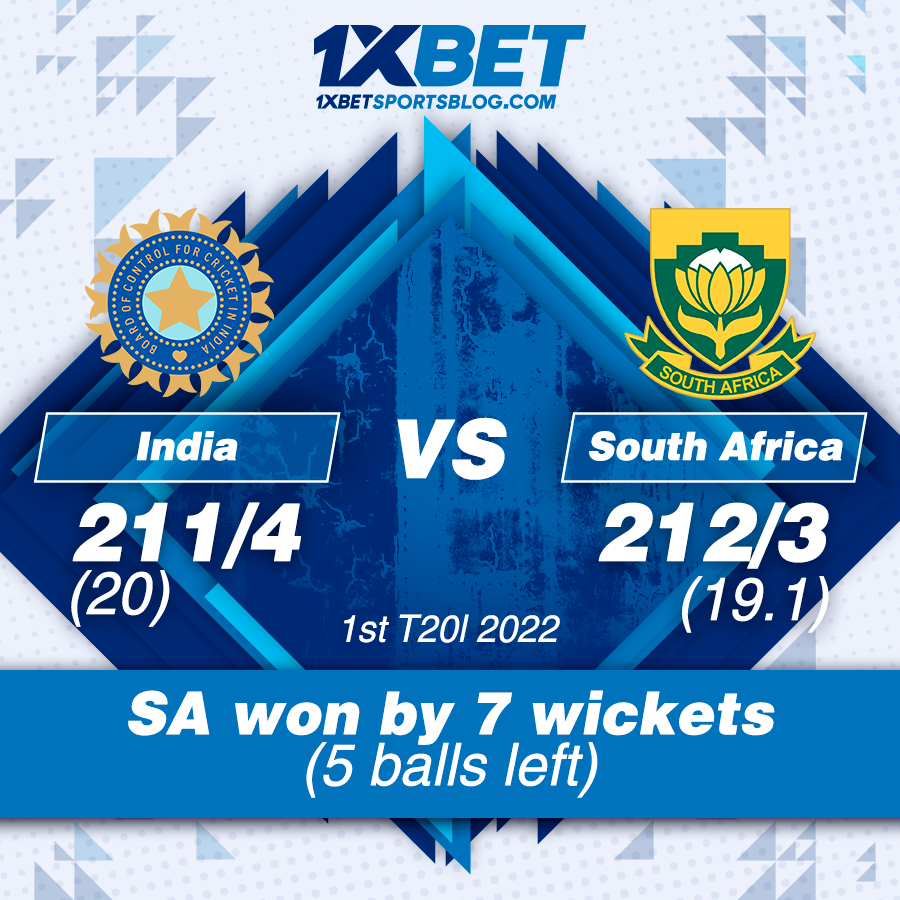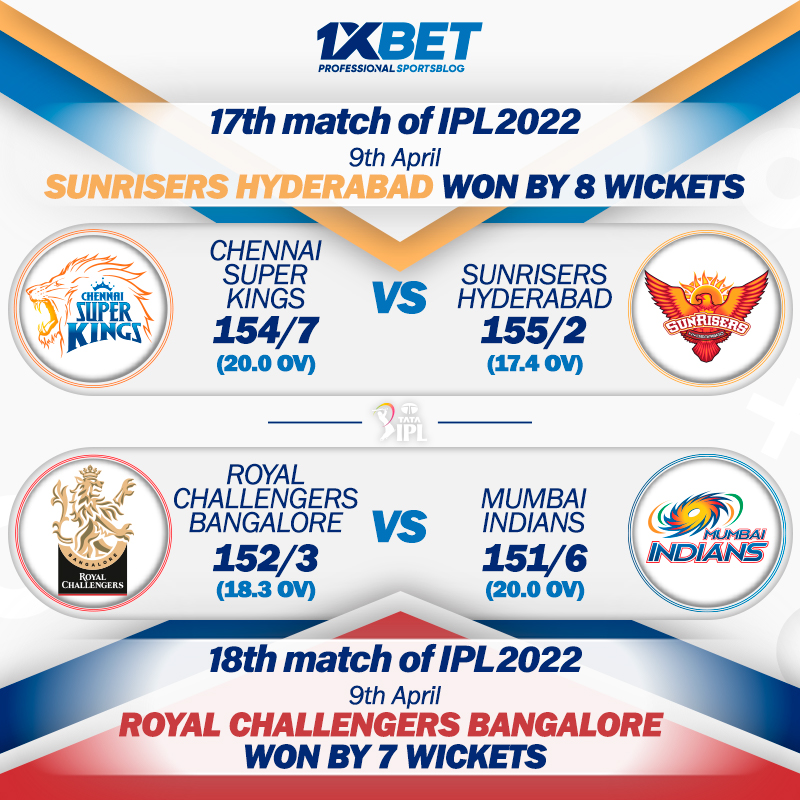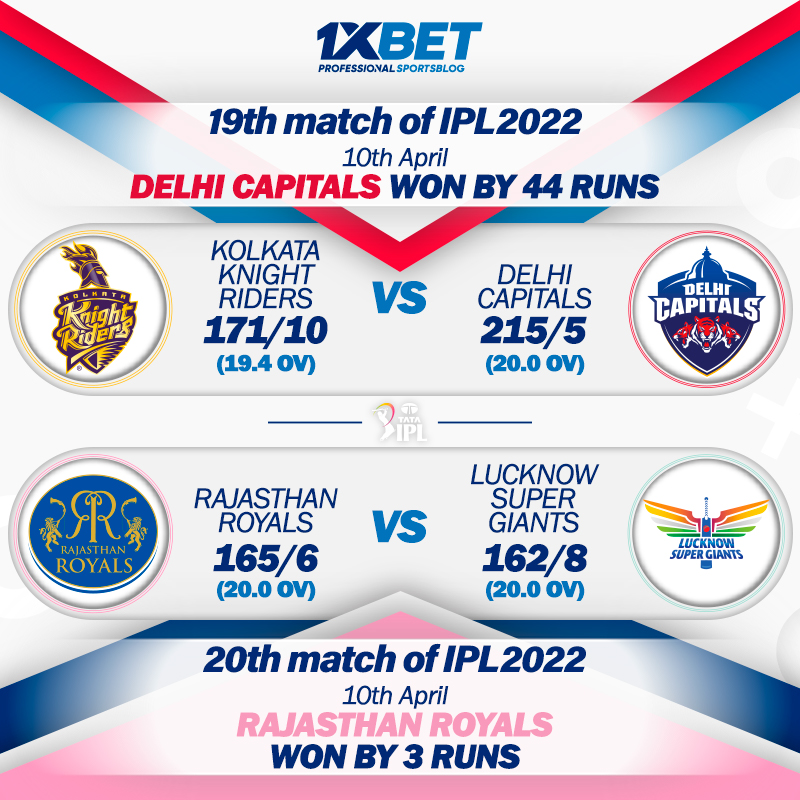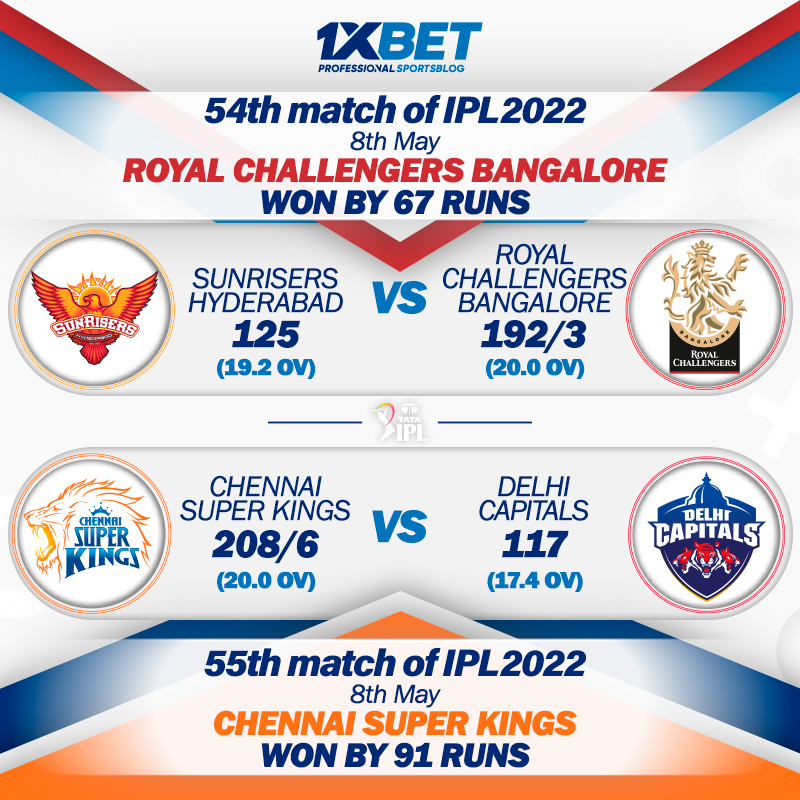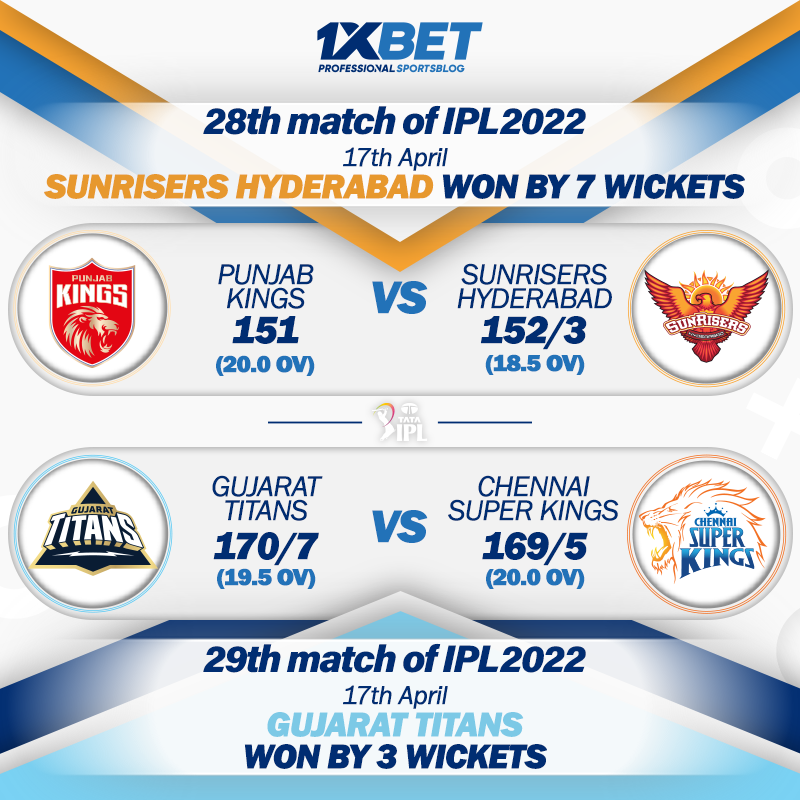History of Kabaddi

About
With seven players on each side and a 40-minute game with a 5-minute break, kabaddi is essentially a combat sport. The goal of the game is to touch as many defensive players as you can without being caught on a breath while raiding into the opponent's court to score points.
How to play
One participant is shouting "Kabaddi!" Kabaddi!!!! Kabaddi!!!! Charges into the opposing team's court and tries to contact the opponent who is nearest to him while the other six players move to stop him. This is a Kabaddi match, often known as the struggle game, which pits one person against seven.
Terms of Kabaddi
The offensive player is referred to as the "Raider," while the defensive players are referred to as "Antis." In Kabaddi, the assault is referred to as a "Raid." If the defence does not catch the raider before he returns to the home court, the antis he touched during the attack are deemed "out." Only after their side achieves points against the other side during their raiding turn, or when the remaining players successfully catch the opposing side's raider, may these players rejoin play.
History
The game has been played in various ways since prehistoric times. Since 1930, South Asia and all of India have seen widespread play of the contemporary Kabaddi game. In Maharashtra in the year 1921 for Kabaddi competitions on the pattern of Sanjeevani and Gemini in a combined form, the first framework of the regulations for Kabaddi as an indigenous sport of India was created. After that, a committee established in 1923 revised the norms created in 1921. During the 1923 All India Kabaddi Tournament, the revised regulations were put into effect.
Organisations Establishment
The All India Kabaddi Federation was established in 1950 to handle the game's marketing, and the Senior National Championship debuted in 1952. The new organisation, Amateur Kabaddi Federation of India (AKFI), was founded in 1972 and is associated with the Indian Olympic Association (IOA). Its goal is to spread awareness of the sport throughout India and its Asian neighbours. Kabaddi changed after the creation of this organisation, and contests at the national level for junior and under-junior boys and girls also began.
History of Kabaddi games
The first Asian Kabaddi Championship took place in 1980, and the 1982 Asian Games in New Delhi featured it as a demonstration match. Beginning in 1984 at Dacca, Bangladesh, the game was a part of the South Asian Federation (SAF) games. At the 11th Asian Games in Beijing in 1990, Kabaddi was included as a discipline, and India took home the event's lone Gold Medal. India has won five consecutive gold medals at the Asian Games, making history in Indian sports. The Asian Games were held in Hiroshima in 1994, Bangkok in 1998, Busan in 2002, and most recently Doha in 2006.
The first Kabaddi World Cup was held in Mumbai, India, in 2004, and India won it by defeating Iran in the championship match. India once again won the second World Cup, which was played in Panvel, India, in 2007. India won the gold medal in the First Asian Women's Championship in Hyderabad in 2005. The 2006 South Asian Games in Colombo, Sri Lanka, included women's kabaddi for the first time.
Overview
For the 15th Asian Games, which were held in Doha [Qatar] in 2006, a separate indoor stadium was constructed just for Kabaddi sport and training. The 15th Asian Games in Doha gave Kabaddi a tremendous chance to be seen by the many Europeans and Australians who helped to organise the Asian Games. A sizable number of spectators from European, American, Australian, Western Asian, and Mediterranean nations were greatly inspired by the Game's straightforward rules and thrilling nature and wanted to bring the sport to their respective nations. For the future growth of Kabaddi across the continents of Europe, the USA, Australia, and Africa, this has given it extremely good and beneficial exposure.
The second Asian Indoor Games, which took place in Macau from October 25 to November 3, 2007, contained Kabaddi. India won the gold medal once more. India won both the gold medals in the men's and women's kabaddi events at the 2008 Asian Beach Games in Bali, which were hosted by Indonesia. Since the last 50 years, there has been a subtle but important shift in the game's trends. What is no longer viewed as a brawl has changed. The sport has become more fascinating and advantageous to competent players who can now overcome larger competitors with better abilities & methods with to the advent of mats, shoes, new tech & adjustments in rules.

